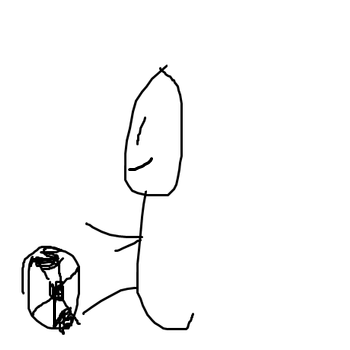**No. 1 **
#3x^2 - 2x - 3 = 0#
#3(x^2 - 2/3x -1) = 0#
Now take the coefficient of #x# and divide it by #2# and square it,
#-2/3 -> -1/3 -> +1/9#
then add it and subtract it,
#3(x^2 - 2/3x + 1/9 -1/9 - 1) = 0#
Since #x^2 -2/3x + 1/9 = (x - 1/3)^2#
#=> 3[(x - 1/3)^2 -1/9 -1] = 0#
#=> (x - 1/3)^2 - 10/9 = 0#
#=> (x - 1/3 - sqrt(10/9))(x - 1/3 + sqrt(10/9)) = 0#
#=> x - 1/3 - sqrt(10/9) = 0 => x = (1 + sqrt(10))/3#
#=> x - 1/3 + sqrt(10/9) = 0 => x = (1 - sqrt(10))/3#
No. 2
#2x^2 - 4x + 1 = 0#
#x = (-(-4) +- sqrt((-4)^2 -4*2*1))/(2*2)#
#=> x = (4 +- sqrt(8))/4 = (4 +- 2sqrt(2))/4 = 2 +-sqrt(2)/2#
No. 3
Perimeter : #2(L + W) = 16# ... (1)
Area : # LxxW = 11# ... (2)
Solve the two equations simultaneously,
In (1), #L + W = 8 => L = 8 - W#
sub #L# in (2)
#=> (8 - W)*W = 11 => W^2 -8W + 11 = 0#
#=> W = (8 +- sqrt(64 - 44))/2 => W = 4 +- sqrt(5)#
Back to equation (1), put #W# in (1),
#=> L = 8 - W => L = 8 - 4 +-sqrt(5) => L = 4 +- sqrt(5)#
Note : when #W = 4 - sqrt(5)# , #L = 4 + sqrt(5)#

